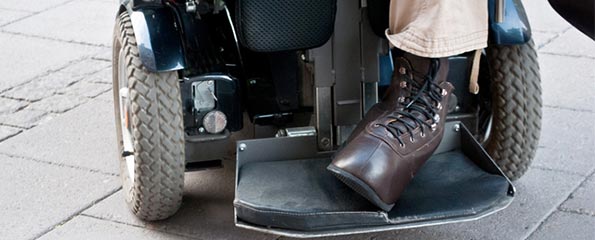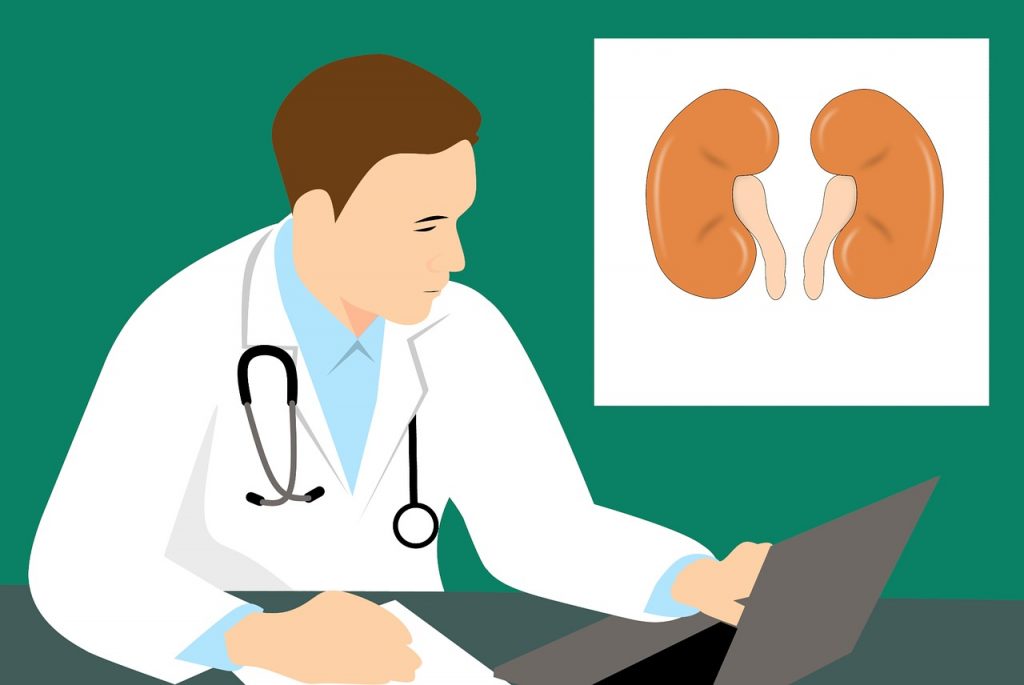Alemtuzumab is a man-made antibody used to treat certain blood disorders. This study will evaluate treatment of kidney transplant recipients with alemtuzumab and other immune system suppressing medications with or without infusions of bone marrow stem cells from the kidney donor. The purpose of this study is to find out which strategy is more effective in preventing organ rejection and maintaining patient health.
Official Title
Pilot Study Using Donor Stem Cells and Campath-1H to Induce Renal Transplant Tolerance.
Conditions
- Kidney Transplantation
- Kidney Disease
- Kidney Failure
Study Type
Interventional
Study Design
Treatment, Randomised, Single Blind (Subject), Active Control, Parallel Assignment, Safety/Efficacy Study.
Further Details
Primary Outcome Measures:
- Patient and graft survival
[Time Frame: At 1 year post-transplant]
[Designated as safety issue: Yes]
Secondary Outcome Measures:
- Patient and graft survival
[Time Frame: At 3 years post-transplant]
[Designated as safety issue: Yes] - Incidence rate of biopsy-proven acute rejection, defined as a renal biopsy demonstrating acute cellular or humoral rejection of Banff Grade IA or greater
[Time Frame: 3 years]
[Designated as safety issue: No] - Incidence of chronic allograft nephropathy, determined using renal biopsies and laboratory values, including 24-hour urine protein excretion
[Time Frame: 3 years]
[Designated as safety issue: No] - Incidence of graft-versus-host disease (GVHD)
[Time Frame: 3 years]
[Designated as safety issue: Yes] - Incidence of adverse events associated with renal transplantation and immunosuppression
[Time Frame: 3 years]
[Designated as safety issue: Yes]
Study Start
September 2004
Eligibility & Criteria
- Ages Eligible for Study: 18 – 65 years
- Genders Eligible for Study: Both
- Accepts Healthy Volunteers: No
Inclusion Criteria:
- Weight greater than 40 kg (88.2 lbs)
- Will be receiving a living-related (1-haplotype-matched donor/recipient) primary kidney allograft
- Negative B-cell and T-cell cytotoxic and flow cytometry crossmatch (1-haplotype-matched donor/recipient pairs with a minimum of 1 HLA DR 1A and 1B locus in common and panel-reactive antibodies [PRA] of less than 10%)
- Normal echocardiogram (ECG) with an ejection fraction of greater than 50%
- Received full course of vaccination for hepatitis B virus (HBV), completed at least 6 weeks before transplantation, OR has naturally acquired immunity
- Willing to comply with the study visits
- Willing to use acceptable forms of contraception
Exclusion Criteria:
- Previously received or is receiving an organ transplant other than a kidney
- Receiving an ABO incompatible donor kidney
- HIV infected
- Antibody positive for hepatitis C virus
- Surface antigen positive for HBV
- Recipient or donor is positive for tuberculosis (TB), under treatment for suspected TB, or previously exposed to TB (positive Mantoux test)
- Current cancer or a history of cancer within the 5 years prior to study entry. Patients who have had successfully treated nonmetastatic basal or squamous cell carcinoma of the skin or carcinoma in situ of the cervix are not excluded.
- Significant liver disease, defined as having continuously elevated AST (SGOT) or ALT (SGPT) levels greater than 3 times the upper value of the normal range within 28 days prior to study entry
- Uncontrolled concomitant infections, severe diarrhea, vomiting, active upper gastrointestinal tract malabsorption, active peptic ulcer, or any other unstable medical condition that could interfere with this study
- Currently receiving an investigational drug or received an investigational drug within 30 days prior to transplant
Currently receiving any immunosuppressive agent - Anticipated contraindication to taking medications orally or via nasogastric tube by the morning of Day 2 following completion of the transplant procedure
- Require certain medications
- Known hypersensitivity to any of the study medications, thymoglobulin daclizumab, or corticosteroids
- Certain screening laboratory values. More information on this criterion can be found in the protocol.
- Any form of substance abuse, psychiatric disorder, or other condition that, in opinion of the investigator, may interfere with the study
- Anticipated contraindication to tacrolimus administration for longer than 5 days post-transplant
- Currently undergoing peritoneal dialysis
- PRA value less than 10% at any time prior to study entry
- Graves disease. Patients with Graves disease adequately treated with radioiodine ablative therapy are not excluded.
- Cytomegalovirus (CMV) or Epstein-Barr virus (EBV) negative kidney recipient receiving a kidney from a CMV or
- EBV positive donor
- Pregnancy or breastfeeding
Total Enrolment
9
Contact Details
University of Miami
Miami, Florida
United States, 33136
All content and media on the HealthEngine Blog is created and published online for informational purposes only. It is not intended to be a substitute for professional medical advice and should not be relied on as health or personal advice. Always seek the guidance of your doctor or other qualified health professional with any questions you may have regarding your health or a medical condition. Never disregard the advice of a medical professional, or delay in seeking it because of something you have read on this Website. If you think you may have a medical emergency, call your doctor, go to the nearest hospital emergency department, or call the emergency services immediately.







